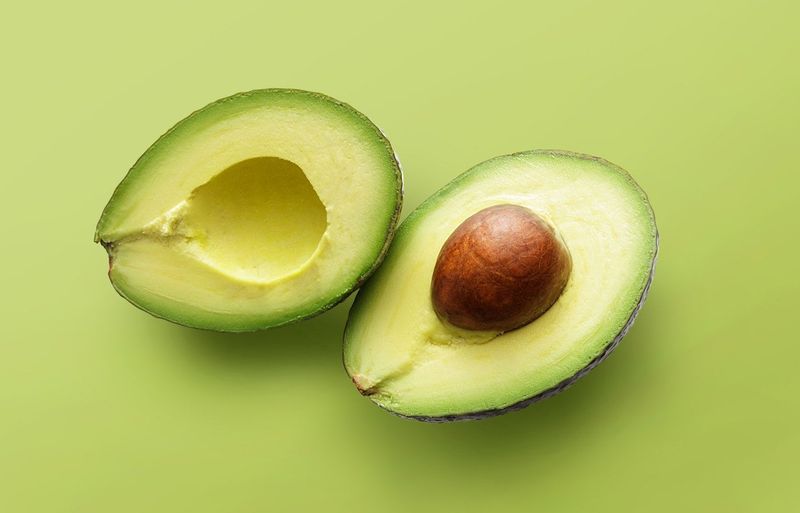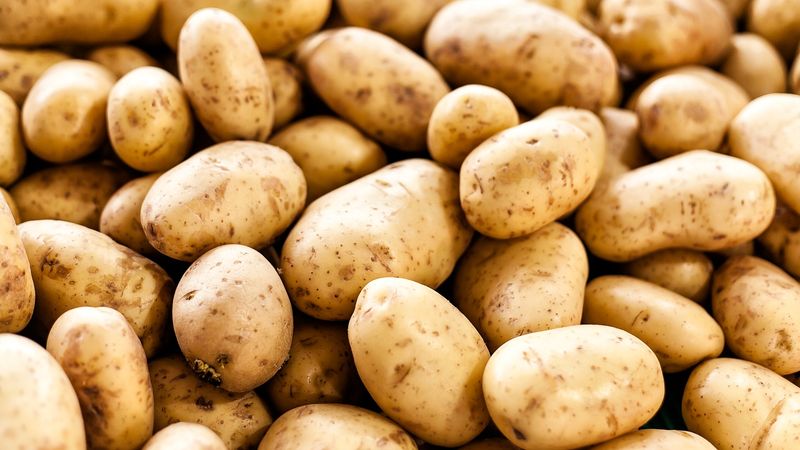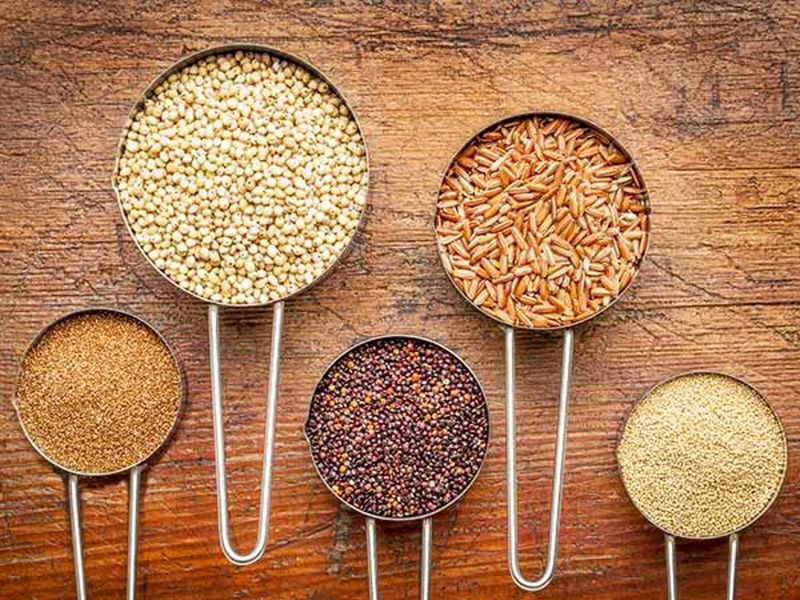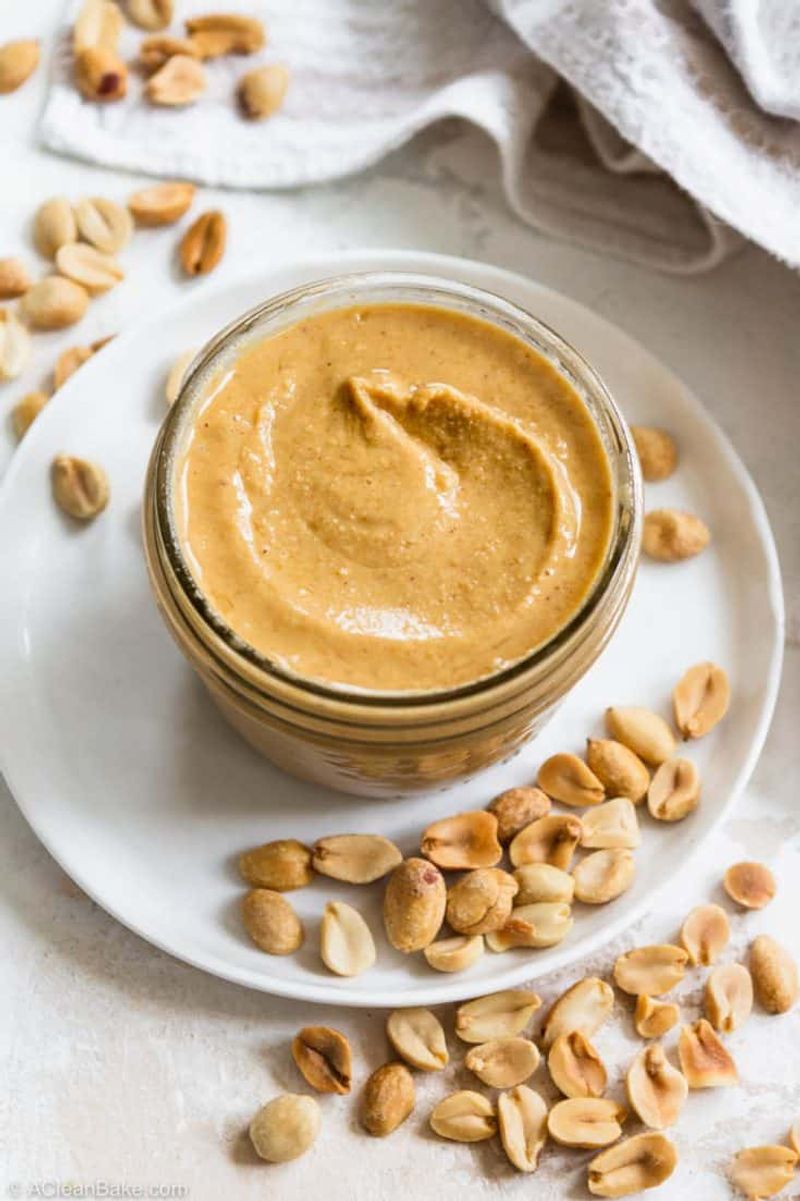Many foods often get a bad reputation due to misconceptions about their nutritional value. However, there are numerous foods that, despite being misunderstood, offer numerous health benefits. This article aims to shed light on 15 such foods, helping to change the narrative around them and encourage healthier eating habits.
Eggs

Eggs have long been vilified for their cholesterol content, but they are actually a powerhouse of nutrition. Rich in high-quality protein and essential vitamins, eggs can play a crucial role in a balanced diet.
Recent studies suggest that moderate consumption of eggs does not significantly affect heart health. Instead, they provide antioxidants like lutein and zeaxanthin, which support eye health.
Don’t overlook the benefits of this versatile food, which can be prepared in countless delicious ways, from poached to scrambled.
Avocados

Often criticized for their high fat content, avocados actually contain healthy monounsaturated fats that are beneficial for heart health. These fats can help lower bad cholesterol levels while maintaining good cholesterol levels.
Beyond fats, avocados are packed with fiber, potassium, and vitamins C, E, and K. They contribute to better digestion and enhanced nutrient absorption from other foods.
Embrace this creamy fruit as a delicious addition to salads, smoothies, or on toast, adding a nutritional punch to your meals.
Potatoes

Potatoes often suffer from a bad reputation due to their association with high-carb diets, but they are full of nutrients. High in potassium, vitamin C, and B vitamins, potatoes support overall health and well-being.
When prepared healthily, such as baked or boiled, they offer complex carbohydrates that provide sustained energy. Additionally, they contain resistant starch, which acts like fiber and aids in digestive health.
Rediscover the humble potato’s potential in a health-conscious diet, beyond just fries and chips.
Dark Chocolate

Dark chocolate is often thought of as an indulgence, but it has some surprising health benefits. It is rich in antioxidants, particularly flavonoids, which can improve heart health by lowering blood pressure and improving blood flow.
While it’s important to consume in moderation, dark chocolate also contains minerals like magnesium and iron. It can even enhance mood by boosting serotonin levels.
Enjoy dark chocolate as a healthier sweet treat, savoring its rich flavors and healthful properties.
Nuts

Despite their high-calorie content, nuts are nutrient-dense and beneficial for health. They are an excellent source of healthy fats, protein, and fiber, which contribute to heart health and weight management.
Nuts also provide essential vitamins and minerals, such as vitamin E, magnesium, and selenium, supporting overall well-being. Their antioxidants help reduce inflammation in the body.
Incorporate a handful of nuts into your daily diet for a satisfying and nutritious snack.
Coffee

Often regarded with skepticism due to its caffeine content, coffee actually offers several health benefits when consumed in moderation. It contains antioxidants that may lower the risk of certain diseases, including Parkinson’s and Alzheimer’s.
Coffee also boosts metabolism and can enhance physical performance by increasing fat burning. It might even improve mood and contribute to longer life expectancy.
Relish your cup of coffee as part of a balanced lifestyle, enjoying its flavors and potential health benefits.
Whole Grains

Whole grains often get overshadowed by their refined counterparts, but they are packed with nutrients. They provide fiber, B vitamins, and essential minerals like iron and magnesium that support a healthy heart and digestive system.
Consuming whole grains can help regulate blood sugar levels and reduce the risk of chronic diseases. They also aid in satiety, preventing overeating.
Choose whole grains over refined grains to enhance your diet’s nutritional profile and enjoy their hearty flavors.
Beets

Beets often get overlooked due to their earthy taste, but they pack a nutritional punch. Rich in nitrates, beets improve blood flow and can enhance athletic performance.
They are also a good source of fiber, folate, and vitamin C, supporting digestive health and reducing inflammation. Beets have also been linked to improved brain function and reduced risk of heart disease.
Incorporate beets into your meals, whether roasted, pickled, or in a refreshing salad, to reap their health benefits.
Coconut Oil

Once shunned for its saturated fat content, coconut oil is gaining recognition for its unique health properties. It contains medium-chain triglycerides (MCTs), which are metabolized differently and can boost energy expenditure.
Coconut oil also has antimicrobial properties and may improve skin health when used topically. Its potential to enhance brain health is also being explored.
Use coconut oil in moderation as a cooking oil or in baking, appreciating its flavor and versatility.
Fermented Foods

Fermented foods, though sometimes misunderstood, are beneficial for gut health due to their probiotic content. These foods help balance gut bacteria, supporting digestion and boosting immunity.
They are also rich in vitamins and enzymes that aid nutrient absorption and improve overall well-being. Regular consumption may reduce inflammation and enhance mental health.
Embrace fermented foods like yogurt, kimchi, and sauerkraut in your diet to nurture a healthy gut microbiome.
Liver

Liver is often overlooked due to its strong flavor, but it is incredibly nutritious. It provides an abundance of vitamins and minerals, including vitamin A, B vitamins, iron, and copper.
Consuming liver can support energy production, enhance skin health, and improve immune function. Its nutrient density makes it a powerful food for those needing extra nutrition.
Consider adding liver to your diet in the form of pâté or finely chopped in dishes to enjoy its benefits without being overwhelmed by its taste.
Shellfish

Shellfish are often misunderstood due to concerns about cholesterol, but they are low in calories and high in beneficial nutrients. Rich in omega-3 fatty acids, shellfish support heart health and reduce inflammation.
They also provide essential vitamins and minerals like zinc, vitamin B12, and iron, which are crucial for maintaining energy levels and a strong immune system.
Enjoy shellfish as part of a balanced diet, savoring their delicate flavors and nutritional benefits.
Peanut Butter

Peanut butter often gets a bad rap for its calorie content, but it is high in healthy fats, protein, and fiber. These nutrients contribute to satiety and support weight management when consumed in moderation.
The spread is also rich in essential vitamins and minerals, such as vitamin E, niacin, and magnesium, promoting heart health and overall wellness.
Incorporate peanut butter into your diet by using it as a spread or adding it to smoothies for a delicious and nutritious boost.
Popcorn

Popcorn is often associated with unhealthy snacking, but when prepared without excessive butter or salt, it is a whole grain rich in fiber. This makes it a filling, low-calorie snack option.
It also contains antioxidants known as polyphenols, which may contribute to heart health. The key is to enjoy popcorn in moderation and with healthy seasonings.
Discover popcorn’s potential as a nutritious snack by exploring different preparation methods and flavorings.
Cheese

Cheese is often criticized for its fat content, but it can be part of a healthy diet when consumed in moderation. It is a good source of calcium, protein, and probiotics, supporting bone health and digestion.
Different types of cheese offer various flavors and textures, making them versatile for culinary use. The key is to choose quality cheeses and enjoy them as part of a balanced diet.
Relish cheese’s rich flavors while reaping its nutritional benefits by incorporating it into meals and snacks responsibly.
Leave a comment